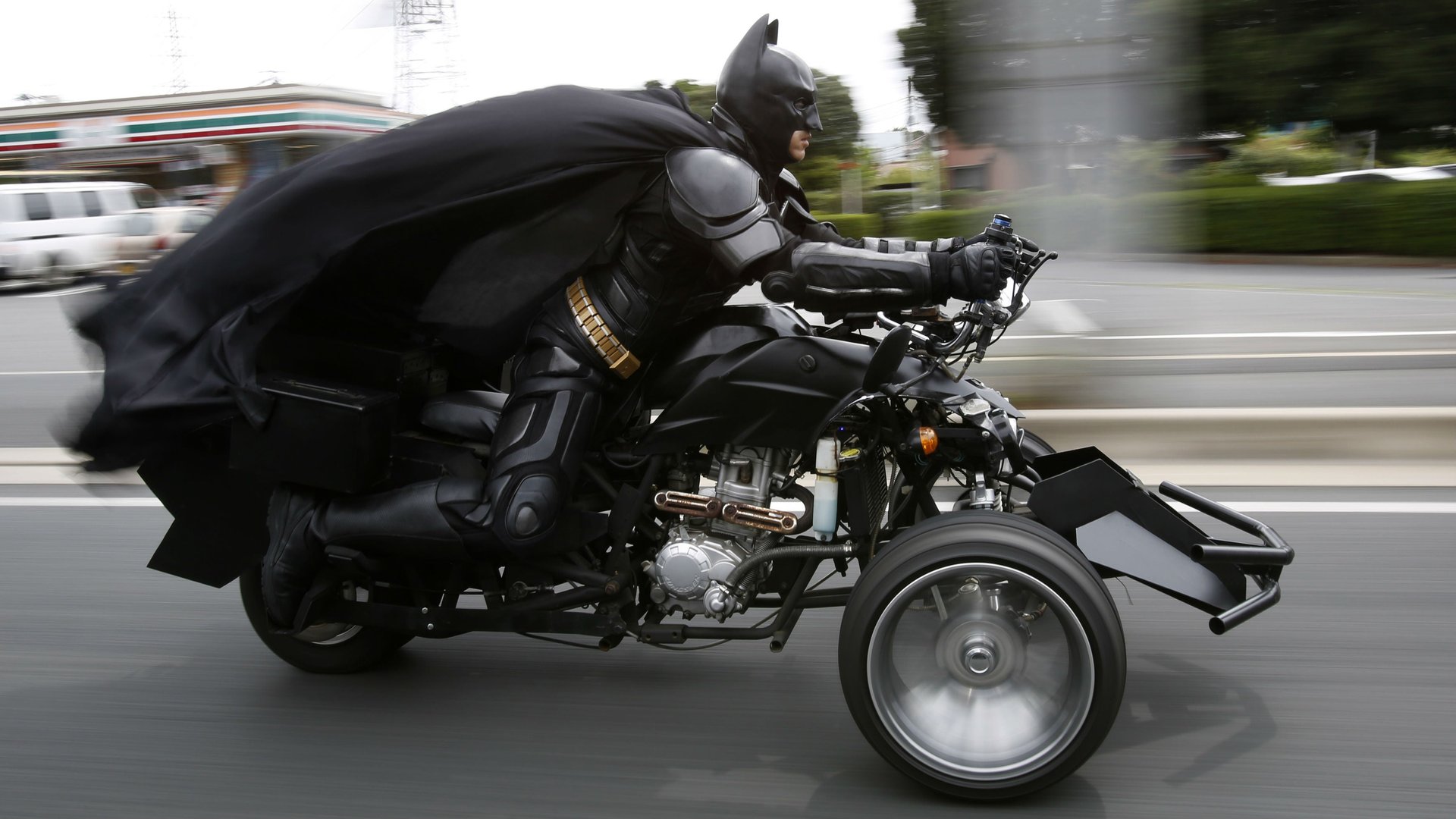If there really are genetic “superheroes,” they’re going to be very difficult to find
In comic books, superheroes can fly or read minds, but for most of us, not getting sick would be pretty heroic.


In comic books, superheroes can fly or read minds, but for most of us, not getting sick would be pretty heroic.
On April 11, researchers published published (paywall) work in Nature Biotechnology that identified 13 people out of a sample of close to 600,000 whose genetic information indicated that they should be severely ill with one of eight devastating conditions, including cystic fibrosis and the bone disorder atelosteogenesis, but whose medical records indicated that they were perfectly healthy. If this is the case, researchers could study why they are well—perhaps through other, unidentified mutations, environmental factors, or a combination of both—to help those who are sick. The only trouble is, researchers have no way of finding these patients because they didn’t have consent to recontact them.
Stephen Friend, the president of Sage Bionetworks and lead author of the study, compared it to unwrapping a present, but being unable to open the box, in a press conference held on April 9.
The fact that these individuals can’t be recontacted means that there’s no way to truly verify that they are, in fact, medical marvels. ”Because of the inability to confirm the source or validity of the variants and the inability to recontact the individuals, this paper does not constitute a proof of principle,” Ada Hamosh, a geneticist at Johns Hopkins University not affiliated with the paper, wrote in a statement.
Because this is one of the first times this kind of finding has occurred, even though the researchers were thorough, there are a number of other ways that these results could have surfaced. It could be that there was a mistake in the way the genetic code was sequenced. Or, patients could be suffering from an undiagnosed, mild form of the condition, or had outdated medical records at the time the study was conducted. It could also be that patients had different sets of DNA inside different cells, a condition called mosaicism (paywall). So even though it looks like these resilient individuals exist, it’s virtually impossible to say that they do for sure—and impossible to learn how or why they are well.
But, the research opens doors for future work. Friend and his colleagues at the Icahn School of Medicine are launching the Resilience Project where anyone can submit their genetic information for sequencing. If there are genetic superheroes out there, perhaps they will turn up again—and this time, researchers can learn more about what keeps them healthy.